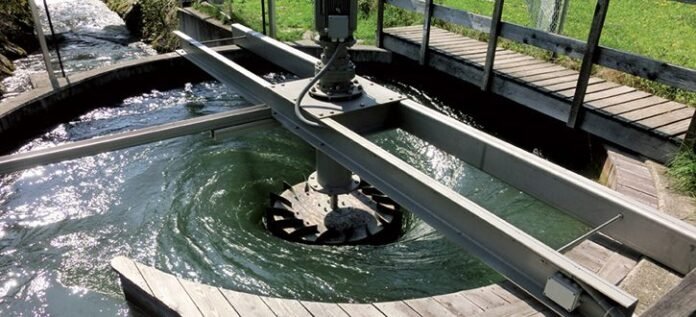Introduction
There are many options out there for water turbines that can be used to generate electricity or produce irrigation water, but the choice of which turbine to buy is not always easy. In this article, you will learn about PAT-based high-efficiency turbines and how they might be a good option for you.
What is a Water Turbine?
A water turbine is a machine that uses the power of water to turn a wheel or blades. It’s used for both drinking water and irrigation.
Advantages of a Water Turbine
There are a number of reasons why a
water turbine generator could be a perfect choice for your drinking water or irrigation needs. Just like any other machine, water turbines can save you money in the long run. Here are some of the benefits to consider:
-Water turbines can be powerful and efficient, making them a good option for large communities or businesses with many thirsty customers.
-They’re quiet, which is great if you want to keep your water supply confidential.
-They’re easy to maintain and operate, meaning you won’t have to spend a lot of time on maintenance tasks.
-Water turbines can be used in both fresh and saltwater, so they can be a good option for communities with varied water needs.
How Do You Choose the Right Water Turbine?
When it comes to choosing the right water turbine for your needs, there are a few things to keep in mind. First and foremost, it is important to figure out what you need the turbine for. Do you need a drinking water or irrigation turbine? If so, what type of water turbine is best for your needs? Secondly, it is important to consider your budget. Are you looking to purchase a new turbine or retrofit an existing system? Finally, make sure you have all of the necessary information before making your purchase. Here are some tips on how to choose the right water turbine for your specific needs:
- Determine What You Need the Turbine For
If you only need a drinking water turbine, there are many options available that will fit your needs. Depending on your location, you may be able to find a small residential turbine that can provide enough power for one or two taps. For larger applications, you may need to look into purchasing a commercial-grade turbine. Commercial-grade turbines are usually more powerful and can produce more energy than residential turbines. If you need an irrigation system, there are many different types of turbines available that can fit your needs. Irrigation systems typically use larger turbines.
- Choose the right type of water turbine based on your needs
When choosing the right
water powered generator for your drinking water or irrigation needs, it is important to understand the different types of turbines available and their specific benefits. Here, we outline the main types of water turbines and discuss their benefits and drawbacks.
Piston-type water turbines: piston-type turbines are the simplest type of turbine and are most commonly used in drinking water applications. They work by using a rotating arm to create a spin on the inside of the cylinder, which in turn creates kinetic energy that can be used to power a pump. While piston-type turbines are simple to operate and maintain, they have several drawbacks. Firstly, they are relatively slow due to their spinning speed, which can make them less effective when pumping large amounts of water fast. Additionally, piston-type turbines can become clogged with sediment if not properly cleaned, which can damage the engine or cause it to fail. Lastly, piston-type turbines require high pressure (usually between 200 and 300 psi) to function effectively, which can be difficult to achieve in locations with low water pressure or where there is significant turbulence in the water flow.
Conclusion
Choosing the right water turbine for drinking water or irrigation can be a daunting task. Here are some tips to help you choose the best one for your needs.
salt waterFirst and foremost, make sure you have a clear goal for the turbine. What are you hoping to achieve with it? Is it only for drinking water needs, or can it be used for irrigation as well? If you’re looking for a small, low-power option, a micro hydrokinetic turbine might be the best choice. If you need a higher power solution, consider a larger hydrokinetic turbine or an impulse turbine.
Next, think about your water source and what type of flow you need. A micro hydrokinetic turbine can work well with slow-moving water sources such as rivers or lakes. A larger hydrokinetic turbine might be better suited for faster-moving sources like streams or rivers. Impulse turbines work well with either type of water source, but they’re more powerful so they are better suited for high-flow applications like irrigation.
Finally, consider your budget and what type of warranty you want. Most turbines come with warranties ranging from one year to five years, and some offer
lifetime warranties

